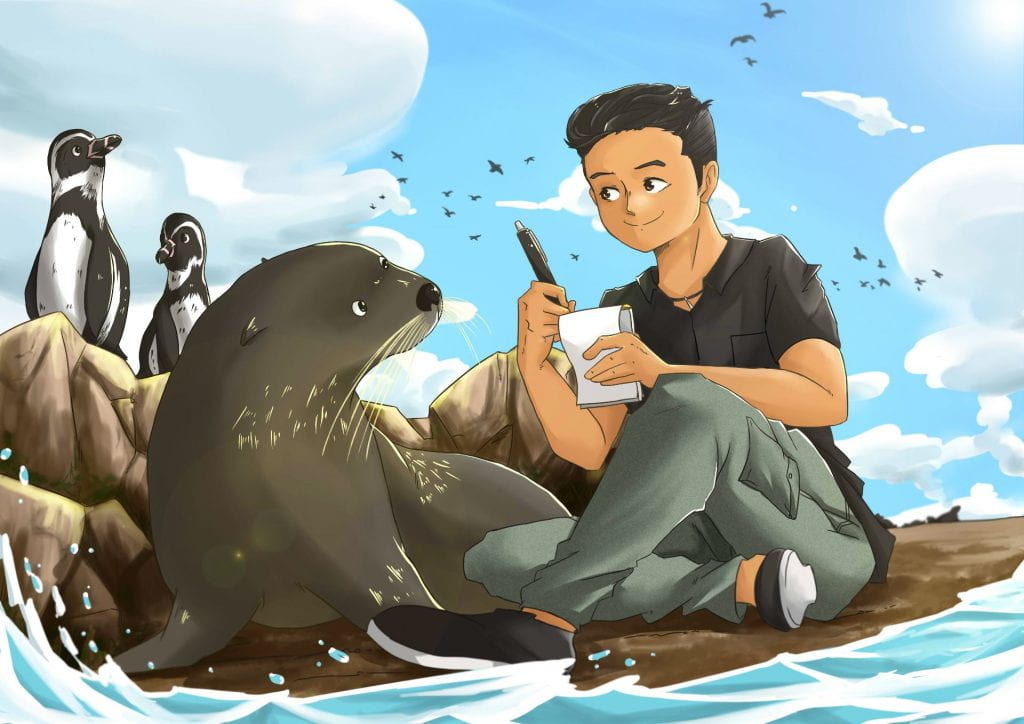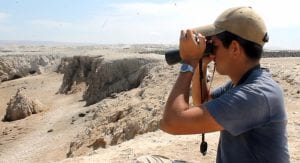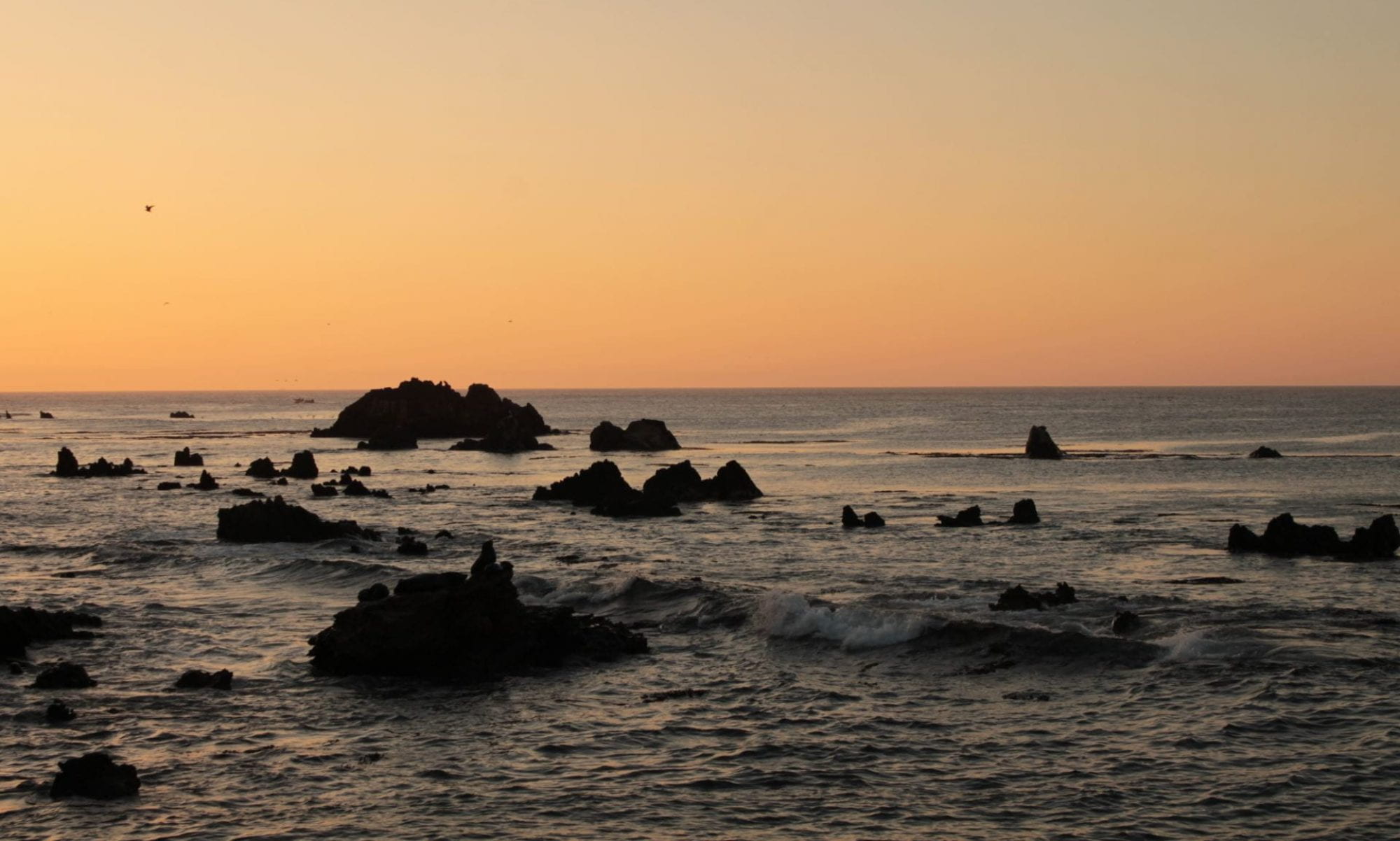Who I am

I am an early career biologist from Lima, Peru. I got my BSc degree at Universidad Peruana Cayetano Heredia in 2017 in Lima. Currently, I am a graduate student at the Coastal Science and Policy Master Program at the University of California Santa Cruz. My research interests are ecology and conservation of marine top predators, especially marine mammals and seabirds (e.g. fur seals, penguins). I have previously worked with the Punta San Juan Program and the Marine Program of World Wildlife Fund – Peru. I am also an advocate for the inclusion of underrepresented groups in science, like the LGBTQ and Latinx communities that I am proudly part of.
What I do

I am studying the main threats for marine top predators and looking for innovative strategies to mitigate the negative effects of these threats in dynamic systems in a changing world. Currently, my research interest falls into the following topics:
- Population dynamics: How predators’ populations change and what factors are affecting this.

- Distribution: How are animals using the marine and coastal areas and where are they overlapping with human activities.
- Artisanal fisheries: How can we encourage artisanal and small-scale fishers to get involved with conservation actions that also support their activity and livelihoods.
- Conservation: How can we effectively use ecological information to address threats to marine wildlife and support their resilience.
- Communication: What is the relationship of human communities with the coastal and marine environment and how can we use this bond to better communicate science and advocate for sustainability.
How I do it
I am interested in finding innovative and participatory strategies to address conservation issues. I am an enthusiast of learning and applying statistical tools to improve our understanding of the ecology of marine top predators. I advocate for interdisciplinary work and science-based conservation.
Science communication is also part of my interests, I am always exploring new effective ways to communicate research outcomes and conservation issues.
